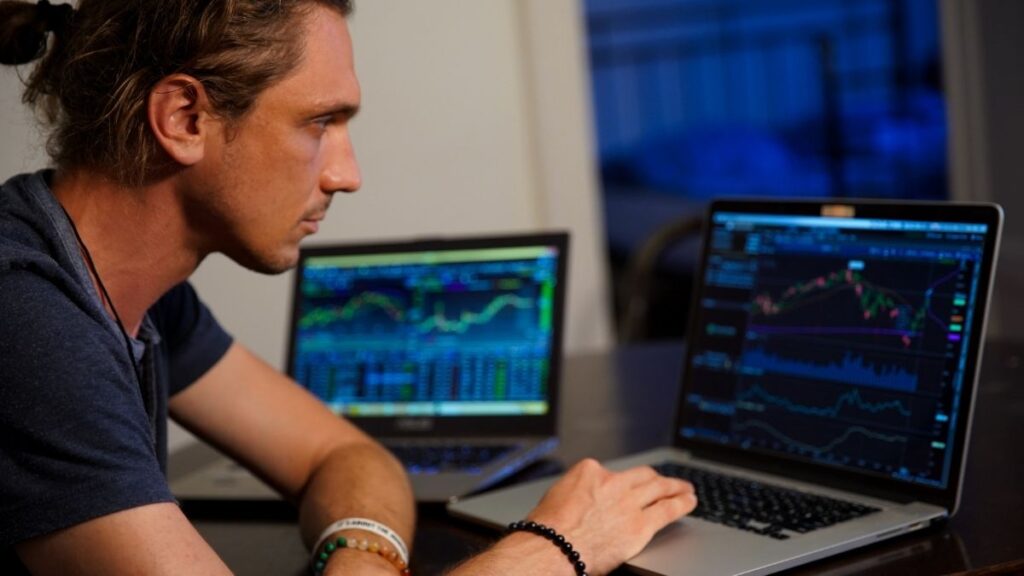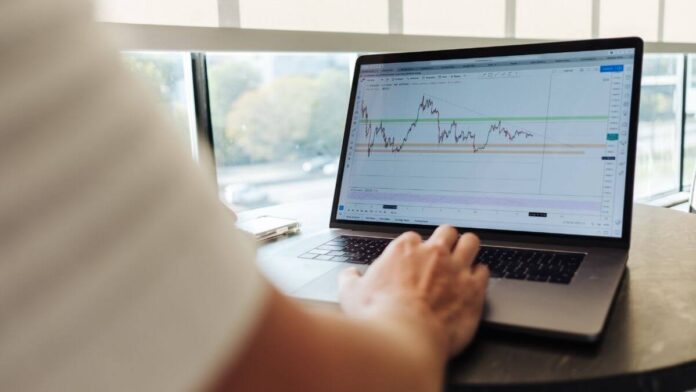Trading has become much more popular in recent years as new trading platforms and low-fee investment accounts have become accessible to the general public. This has helped to democratize the financial markets and create a whole new generation of private day-traders.
Like with anything that’s worth doing though, success at trading is (at least to a large degree) directly linked to the effort you put in. If you don’t do your homework, trade without a strategy, and let your ego get in the way of rational decision-making, you’ll likely not have a great experience.
But while there’s a lot to learn about harnessing the financial markets for your own gain, those that have been trading for a while will also know that trading can give you skills and experiences that are valuable elsewhere in your life. Here are some of the most notable examples.
Understanding, Measuring, and Controlling Risk
Risk is a part of everything in life. You take a risk when you drive a car or cross the street. Hitting your snooze button in the morning is a risk because if you oversleep, you’ll be late for work. Telling your friend you’re staying in on Friday night means you’re risking missing out on a potentially legendary night out.
However, we hit the snooze button because we accept the risk as the reward of a few extra minutes under the covers is worth it. We risk missing out on the great night out because the prospect of eating take-out food and watching a movie on Netflix in comfy sweatpants is more appealing.
Trading is all about risk too. You need to weigh up the potential pros and cons of a particular trade, calculating how likely the asset you’ve bought is likely to rise or fall. You may also seek to hedge your bets, taking out long and short positions or adding a stop-loss on an order to protect your bankroll.
We can often apply the same techniques to other areas of life. For example, when we start into igaming, we can use promotions like casino bonuses to reduce the amount of money we need to wager. Similarly, we may choose to take out insurance on our new smartphone to limit our loss if we lose or break it.
Success Doesn’t Come Overnight
If you’re into trading, there’s a chance you consume books, articles, and podcasts about business people, entrepreneurs, and others in the finance industry. If you have, you’ve definitely come across stories that depict someone’s “overnight success”.
However, most people’s “overnight” success actually took years of hard work and sacrifice. Even if it was several failed attempts at something that helped them learn what they needed to succeed the next time.
If you’ve ever traded, you’ll know success takes time and there’s no substitution for hard work.

Knowledge is Power – Especially When it’s Broad
If you’re trading, a bit of insight into precious metals, pharmaceuticals, politics, energy, and technology will often help get you further than a very extensive knowledge of a narrow subject.
Seeing the bigger picture and understanding how different sectors, asset classes, and markets interact can give you an advantage in trading. For example, understanding that a strengthening British Pound can actually weaken the FTSE 100 because of the bias for international companies in the index could help you spot opportunities when you learn of changes in the forex market.
This is useful in real life too. If you’re at a party or you’re meeting someone new, knowledge of many different areas gives you many more avenues to direct a conversation down and will put you in a better position to follow along with what someone else is telling you.
Sometimes It’s Best to Move On
Sometimes we can get caught up on something that, at the time, seems like a really big deal. That might be not getting the job we applied for, an argument with a friend, or misplacing your favorite pair of shoes.
In trading, we can get caught up on losses and it can negatively affect our mindsets, leading to recklessness with other trades. When really, we should put them behind us and approach each future trade without emotion, relying on facts and logic.
Experienced traders will know that being about to do this with their trades can often help outside of work too as they learn to focus on what’s important.









